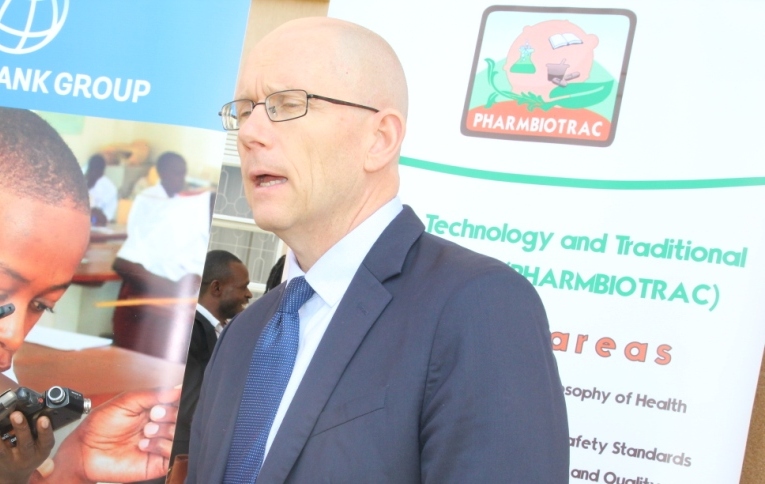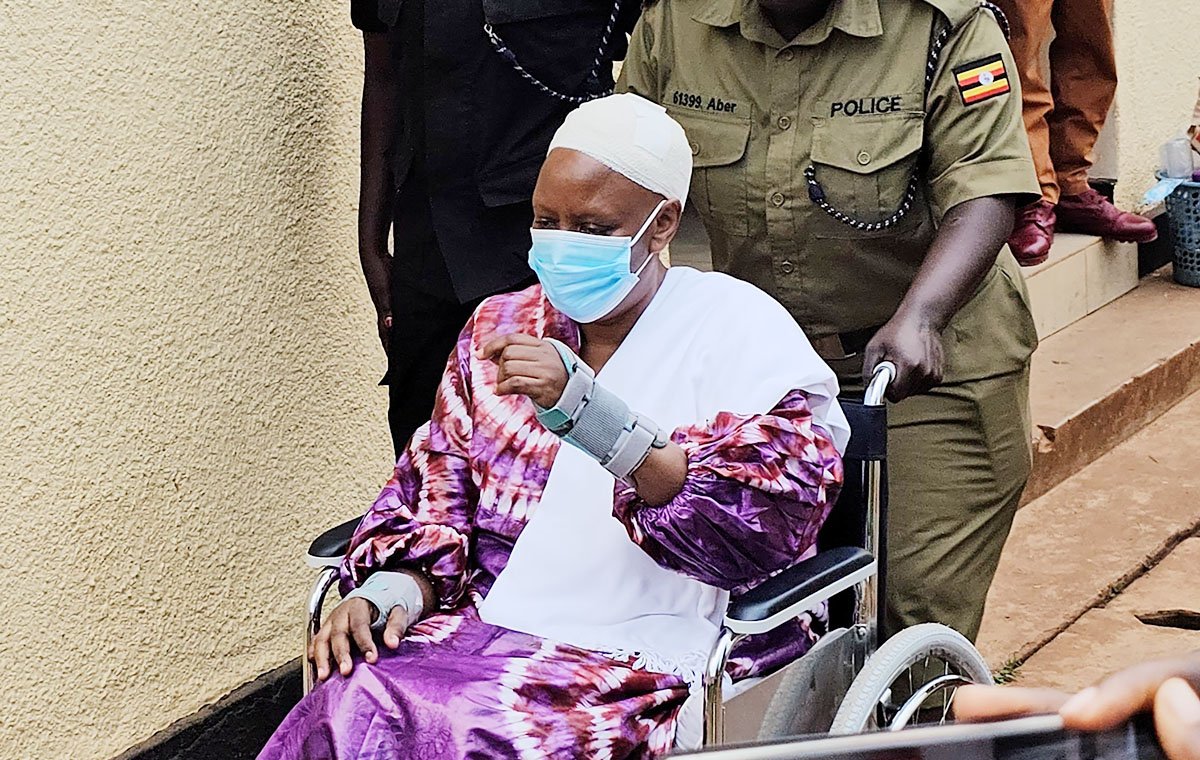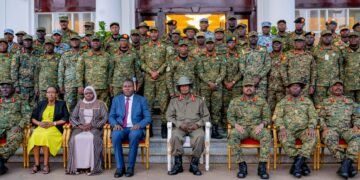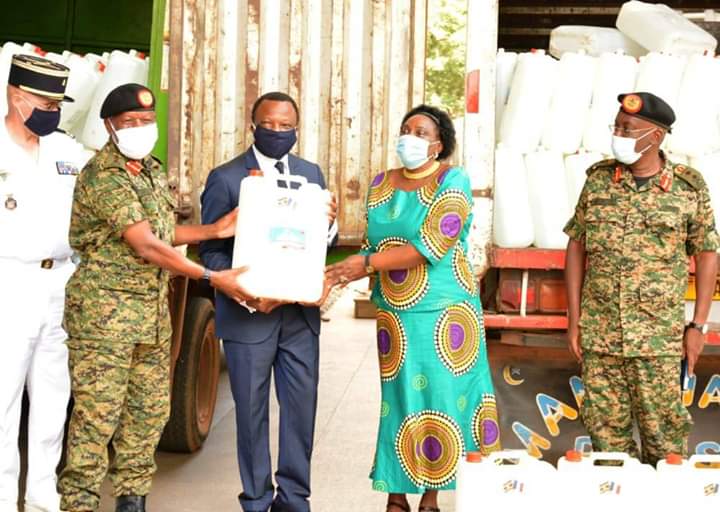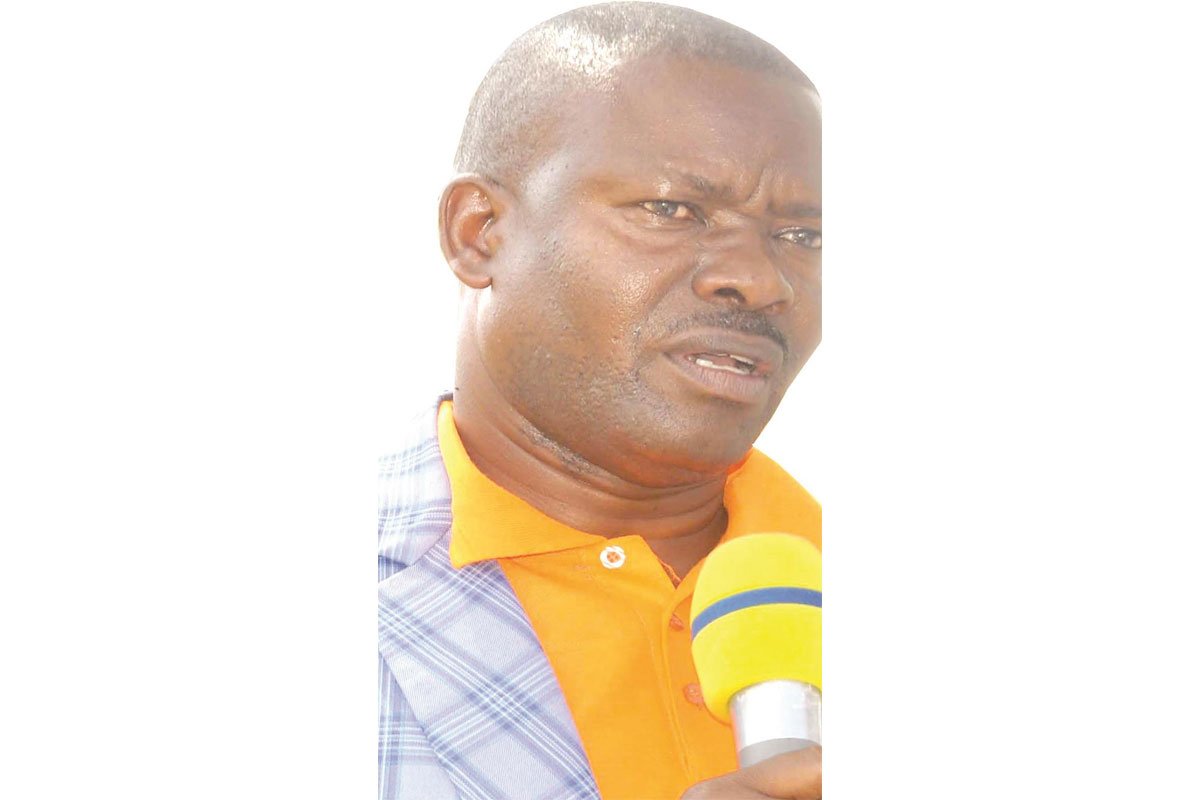The World Bank Board of Directors today approved a $300 million budget support operation for Uganda to boost the Government’s capacity to prevent, detect and treat the coronavirus, protect the poor and vulnerable population, and support economic recovery.
The Uganda COVID-19 Economic Crisis and Recovery Development Policy Financing is the first budget support operation in more than 6 years and will address the fiscal financing gap while supporting reforms that will provide immediate relief to individuals and businesses that have been most affected by the pandemic.
“The COVID-19 pandemic has had a significant impact on the economy and livelihoods. This budget support operation will enable the Government to provide vital services, social safety nets and a more robust shock-responsive system for the long term, and the economy to recover faster,” said Tony Thompson, World Bank Country Manager for Uganda.
As of June 28, Uganda had registered 870 cases of COVID-19 with no fatalities. Containment measures such as restrictions on travel, public gatherings, closure of businesses and schools has had severe impact on the economy and people’s livelihoods. An estimated 3.15 million could fall deeper into poverty, adding to the 8.7 million people Ugandans currently living below the poverty line. This has been worsened by the onset of heavy rains and flooding, and a locust invasion whose impact was expected during April-June of 2020. Overall economic growth is projected at 3 to 4 percent in FY2019/20, lower than the 6.3 percent that had been anticipated for the year.
To secure the financing, Uganda has undertaken policy measures that directly benefit many low-income households. Farmers will be supported to access high quality agricultural inputs, seeds and fertilizers using e-vouchers to boost nutrition and food security. Social protection programs through cash for work labor intensive programs will be expanded to benefit 500,000 individuals while the current senior citizen grant will cover an additional 71 districts to support the elderly. A national single registry for beneficiaries of safety net programs has been established and additional measures taken to protect children against violence. Uninterrupted access to essential utilities like electricity, water and sanitation services has been guaranteed through subsides, and tax exemption extended to supplies and equipment used in treatment of COVID-19.
To stimulate recovery of private sector, businesses in distress will receive tax relief alongside the liquidity measures from the Central Bank to commercial banks, microfinance institutions and credit institutions, that allows them to provide a moratorium on loan repayment for businesses and individual borrowers that have been affected by the pandemic for up to 12 months. In addition, Government has committed to stronger transparency and management of state-owned enterprises debt and payment of domestic arears to suppliers.
World Bank Group COVID-19 Response
The World Bank Group, one of the largest sources of funding and knowledge for developing countries, is taking broad, fast action to help developing countries strengthen their pandemic response. We are supporting public health interventions, working to ensure the flow of critical supplies and equipment, and helping the private sector continue to operate and sustain jobs. We will be deploying up to $160 billion in financial support over 15 months to help more than 100 countries protect the poor and vulnerable, support businesses, and bolster economic recovery. This includes $50 billion of new IDA resources through grants and highly concessional loans.


